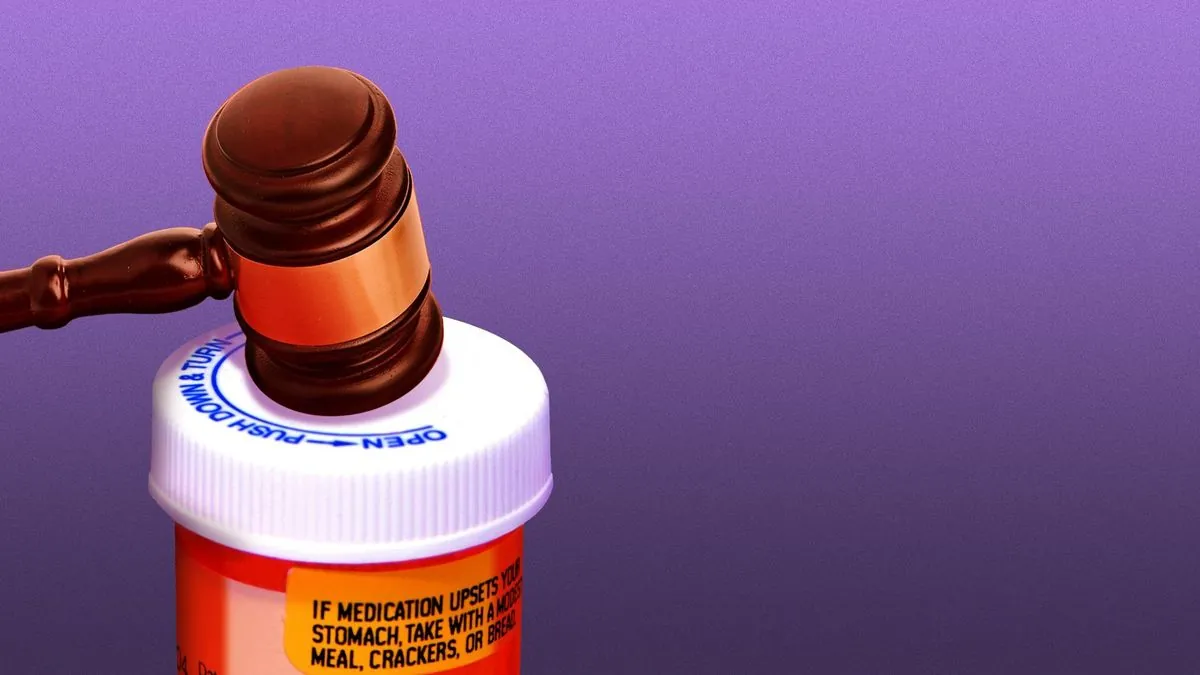Maryland's Drug Discount Law Survives Legal Challenge from Pharma Giants
A federal judge upholds Maryland's law mandating drug discounts for low-income populations, rejecting pharmaceutical companies' bid to block it. This decision impacts the ongoing debate over the 340B program nationwide.

In a significant development for healthcare access, a federal judge has declined to block a Maryland law that requires pharmaceutical companies to offer discounts on medications dispensed by third-party pharmacies serving low-income populations. This decision, made on September 5, 2024, marks a setback for major drug manufacturers and industry groups challenging similar regulations across the United States.
U.S. District Judge Matthew Maddox in Baltimore refused to issue a preliminary injunction against the Maryland law, allowing it to remain in effect while the court hears the full case. The challenge was brought by the Pharmaceutical Research and Manufacturers of America (PhRMA), along with industry giants Novartis, AbbVie, and AstraZeneca.
The ruling is part of a broader controversy surrounding the 340B Drug Pricing Program, established in 1992 to improve medication access for vulnerable populations. This federal initiative requires drug manufacturers to provide discounted outpatient drugs to eligible healthcare organizations, known as covered entities, to maintain eligibility for Medicaid and Medicare Part B coverage.
"The 340B program is a crucial component of the healthcare safety net, designed to stretch scarce federal resources as far as possible, reaching more eligible patients and providing more comprehensive services."
Over the years, the 340B program has expanded significantly. As of 2021, it includes over 12,000 covered entities and accounts for approximately 7% of the U.S. drug market. The program is estimated to save participating organizations between 25-50% on outpatient drug costs, without direct federal funding.

However, the program's growth has led to concerns from pharmaceutical companies. In recent years, manufacturers have imposed restrictions on 340B drug sales through contract pharmacies, citing lack of transparency and potential for duplicate discounts. These actions have prompted several states, including Maryland, West Virginia, Mississippi, Kansas, and Louisiana, to enact laws ensuring 340B discounts are available through contract pharmacies.
The pharmaceutical industry argues that these state laws conflict with federal regulations governing the 340B program. Similar legal challenges are ongoing in multiple states, with mixed outcomes thus far. Notably, a comparable law in Arkansas, passed in 2021, has already withstood a legal challenge by PhRMA in the 8th U.S. Circuit Court of Appeals.
This latest ruling in Maryland is particularly significant given the state's proximity to the nation's capital and its potential influence on federal policy discussions. It also highlights the ongoing tension between efforts to expand healthcare access and the pharmaceutical industry's concerns about program integrity and profitability.
As the legal battles continue, the 340B program remains a critical component of the U.S. healthcare system, supporting safety-net providers and vulnerable populations. The outcome of these cases will likely shape the future of drug pricing and healthcare access policies across the nation.


































